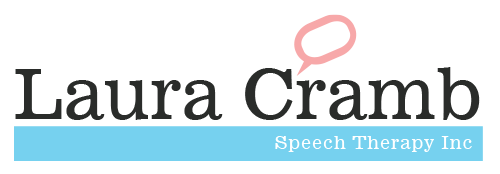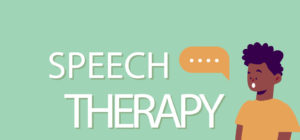May is Better Speech and Hearing Month. What does that mean to you as a parent?
If you are having doubts about your child’s speech and language development, wondering if your child is reaching those speech milestones on time, questions are probably swirling in your mind:
- Do they have enough words in their vocabulary?
- Do they understand language?
- Are they attempting to interact with others enough?
Here are some of the developmental speech behaviors of young children that you should be watching for:
Child (0-12 months)
- Responds to/turns toward a familiar voice
- Shows recognition of name
- Listens to words, begins responding to words
- Entertains self by vocalizing (babbles, coos)
- Babbles at others
- Tries to imitate a single syllable or series of sounds
- Exhibits expressive jargon (gives impression that vocalizations have meaning)
Child (12 months-24 months)
- Follows simple questions or commands (Where’s the ball? Get the ball.)
- Listens to rhymes and songs
- Attempts to follow one-step commands
- Identifies two pictures from name
- Listens to simple stories with pictures
- Speaks first words
- Continues to jabber tunefully to self while at play
- Echoes prominent word or last word spoken
- Uses words instead of gestures; labels nouns and actions; has prepositions, pronouns, adverbs
- Repeats 1-2 digits
Child (24-36 months)
- Attends when name is called
- Can discriminate between different noises
- Understands 300-400 words
- Identifies action pictures
- Understands long and complex sentences
- Can follow many one-step commands
- Understands names and pictures of most common objects and verbs
- Imitates two-word sentences with appropriate intonation
- Has 300-word vocabulary
- Repeats 3-4 syllable sentences
- Talks about action in pictures
- Begins to use past tense, plurals, and pronouns
Get Evaluated
If you suspect your child has a speech or language challenge Better Speech and Hearing Month is a great time to have your child evaluated. Many of the private professional services, schools, and hospitals in your area will likely have special programs to celebrate the month.
Early Intervention is Huge
If you talk to any parent with a child who has special needs, almost all say, “I wish I would have gotten help earlier.” Research has proven that intensive, early intervention can lead to the greatest benefits.
A simple screening may be the answer. The bottom line is to trust your instincts. If you have been putting it off, now is a great opportunity to have those questions answered by a professional who can offer guidance. Remember, the sooner this is dealt with the better.
Building A Relationship
Once therapy begins, remember that it takes time to build the relationship of trust and comfort between the child and the therapist. If you feel that the personalities don’t mesh after the first few months, let the therapist know. You may prefer to choose another person within that facility.
However, if after six months the child is not making the progress you would like to see, even with you working on the goals suggested at home, you may need to consider a second opinion or new perspective.
Another approach may be helpful, or another, careful look into the underlying factors that could be contributing to your child’s challenges.
Children should look forward to therapy and want to see their therapist. You should be seeing a caring relationship develop. This does not mean the therapist will not challenge your child and make tough demands, but there should be a mixture of easy and difficult tasks occurring within each session.




